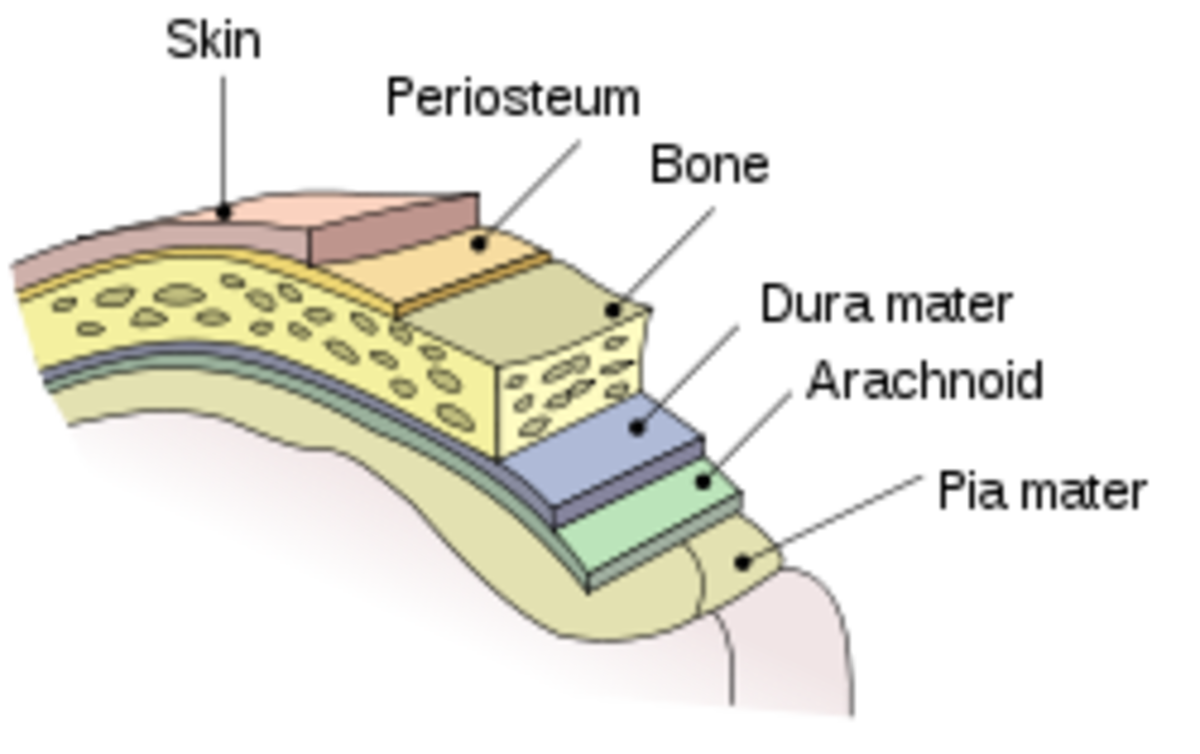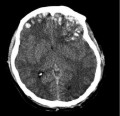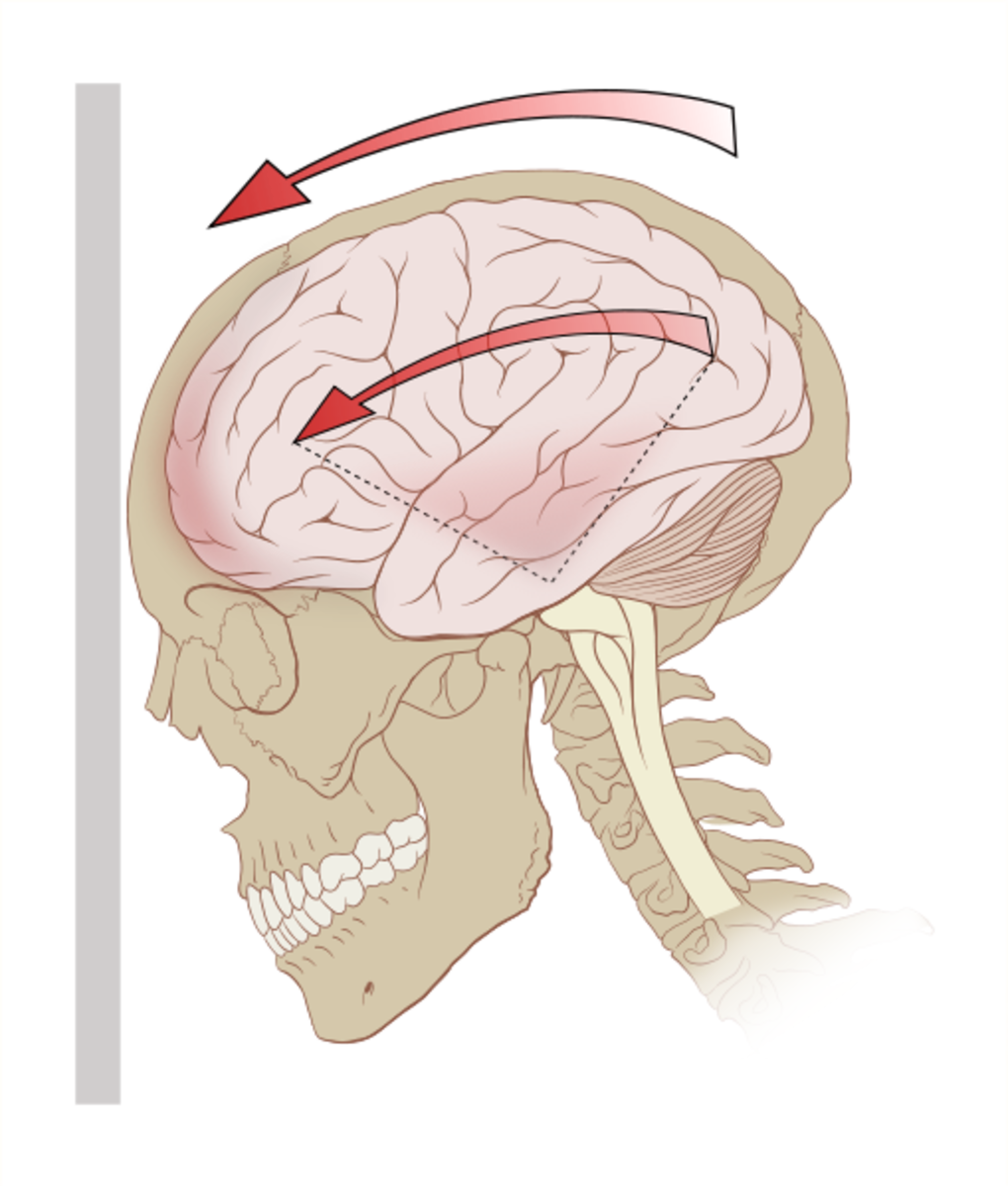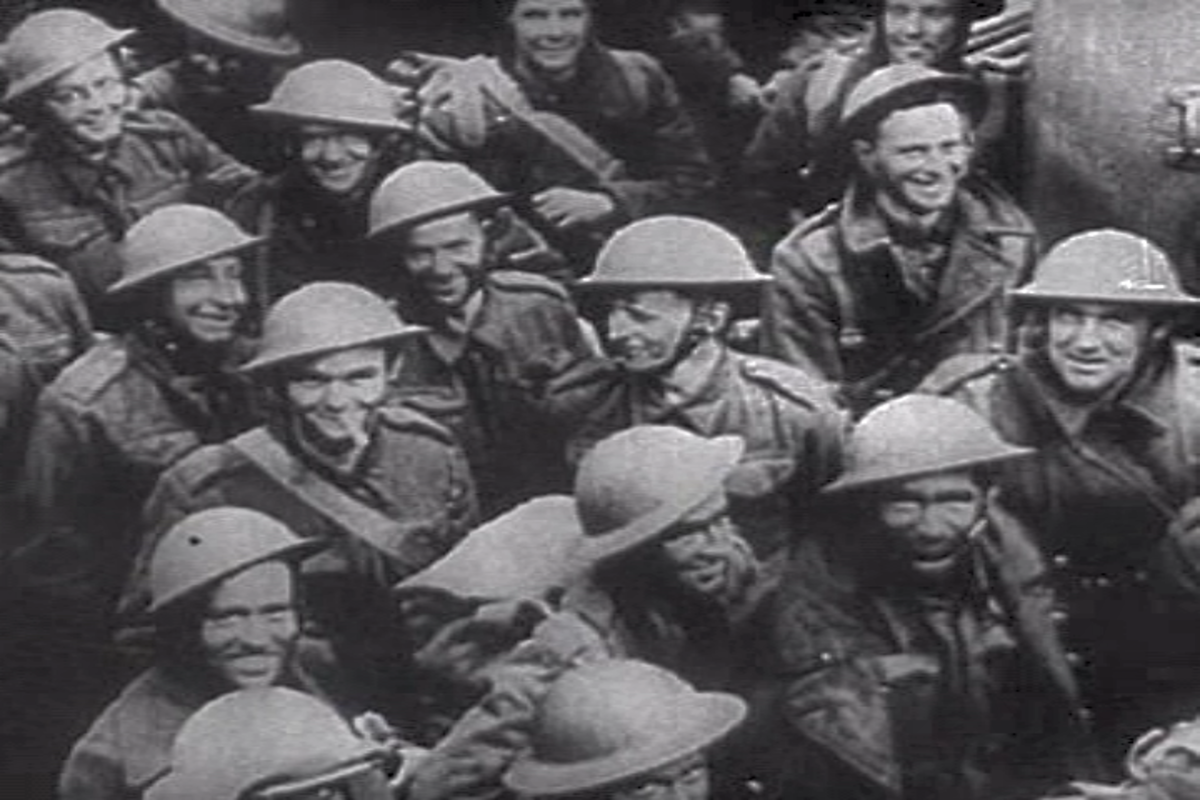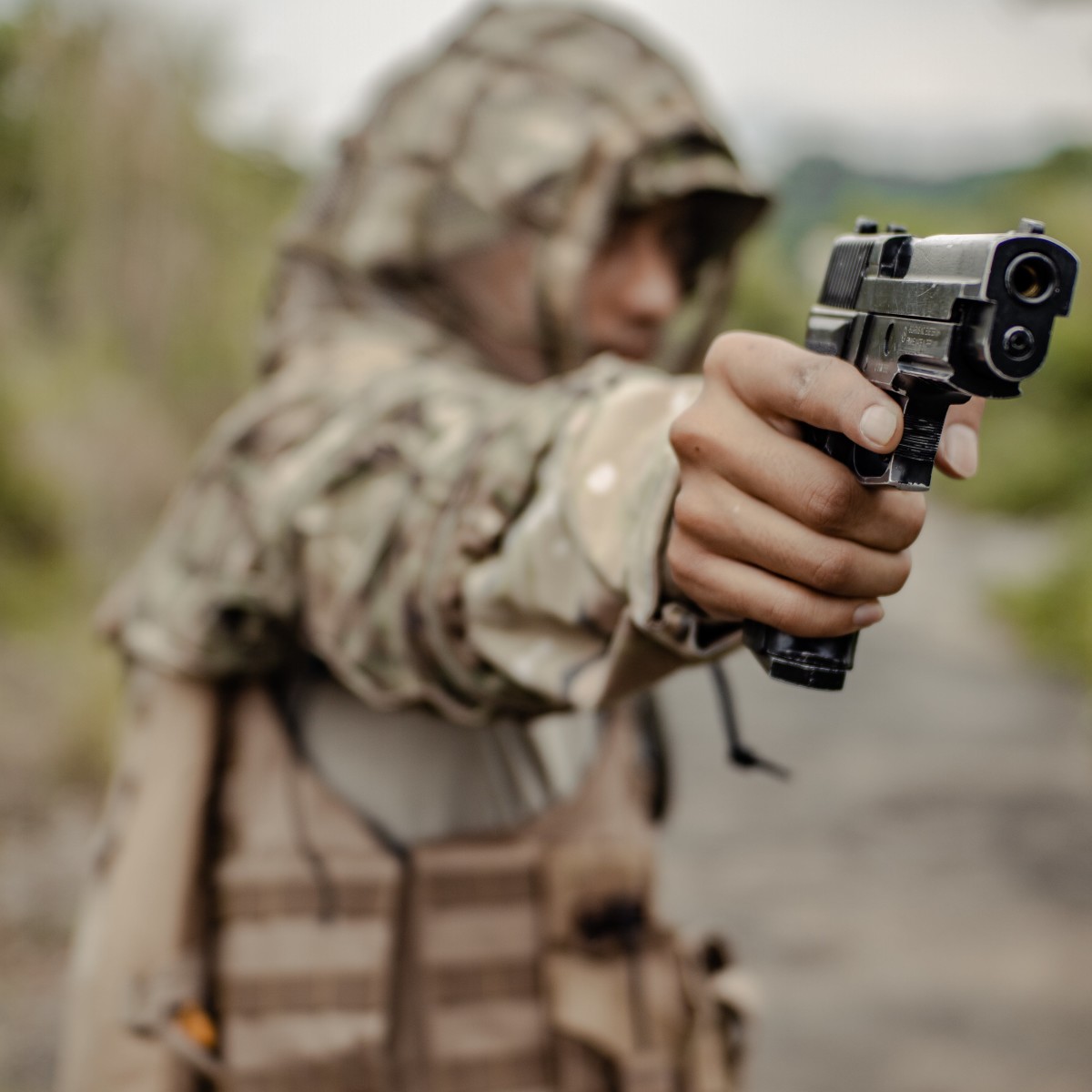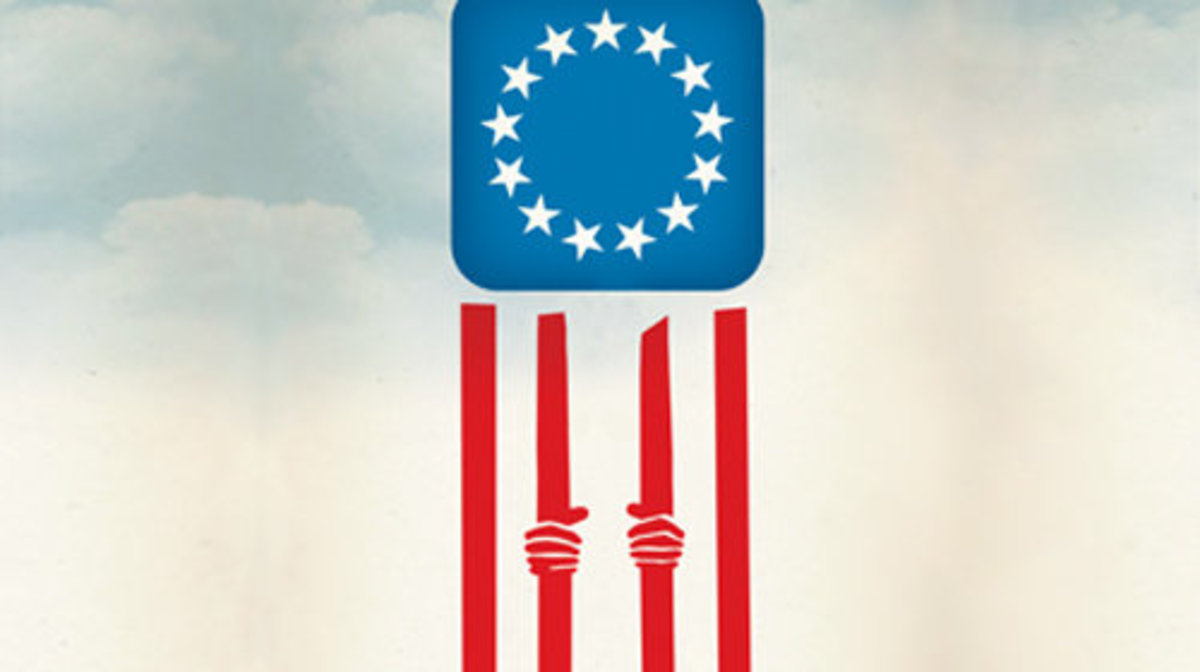More Invisible Scars from US Troops Returning from Combat: A look at Traumatic Brain Injury
Combat Trauma

More Invisible Scars from US Troops Returning from Combat: A look at Traumatic Brain Injury
A medical condition that has now been reaching a higher level of concern for soldiers seeing combat is the condition of Traumatic Brain Injury; it’s common enough for the general public to assume that a person needs to take a hit to the head, or some other type of explosion to be diagnosed with such a scary term, but the truth is, more and more scientists and doctors find this combat-related injury to allude them. Cases of men and women who haven’t had a documented concussion, much less an explosion are now being diagnosed with trauma to the brain.
In a survey from a team of Doctors from the New England Journal of Medicine during late January 2008; Dr. Charles Hoge surveyed 2525 US Army Infantry Soldiers for three-to-four months after their returns from the Iraq War, each of that soldiers that were reporting mild-traumatic brain injury, which is technically categorized as a complete loss of consciousness and or an altered mental status: dazed or confused. Of the 2525 soldiers, 124 (4.9%) reported loss of consciousness, and 260 (10.3%) reported injuries involving an altered mental status, and 435 (17.2%) reported other types of injuries during their deployment. Of those that reported a loss of consciousness, 43.9% met complete criteria for Post-Traumatic Stress Disorder (PTSD).
More than 1.5 million US Military personnel have been deployed to Iraq and Afghanistan since 2001; because of the improved protective head gear equipment a higher percentage of soldiers than ever before are surviving injuries that would otherwise have been fatal if they hadn’t had the equipment. Sadly, the head and neck injuries, which include severe brain trauma, have been reported in at least a quarter of service members who have left Iraq and Afghanistan. Little is known about the long-term effects that will emerge from traumatic brain injury at this point. The exact number of cases among soldiers cannot fully be known, but the last figures by the media have circulated as high as 18% of combat veterans returning have documented symptoms of TBI: these symptoms.
Once again the screening procedures for Traumatic Brain Injury leave something to be desired, once a panel of physicians can determine if you meet the criteria for the disorder, the process happens relatively quickly, but until that point many soldiers are simply being diagnosed with Combat-related PTSD, but have failed to be tested for any injury to the brain. Recent policy changes have left a devastating shortage to neurologists that can document and treat the increases of TBI in its soldiers, once again failing to make their soldiers health a main priority as they continue to mobilize for another surge of troops in 2011 and 2012. These policy changes now require a soldier with three or more in a year’s time to receive a comprehensive examination by a neurologist of a qualified doctor. But, the fact of the matter is qualified neurologist that are in the field just aren’t there. This is one of those areas that the Army doesn’t want to admit how deeply this problem goes, but the combat medics in the field are under staffed and soldiers that shouldn’t be cleared for duty to be out on patrols are growing in numbers.
Mayo Clinic Results: Mild-Traumatic Brain Injury Symptoms:
Mild TBI have a wide range of possibilities that not every soldier meets the same exact mold; this is partially why it’s been difficult for initial diagnosis of this disorder. The basic symptoms are as follows:
· Loss of Consciousness (Seconds to Minutes in Duration)
· No loss of Consciousness, but dazed and confused
· Memory and Concentration Problems
· Headaches
· Dizziness or Loss of Balance
· Nausea and Vomiting
· Sensory problems, blurred vision, ringing in ears or a bad taste in the mouth
· Sensitivity to light or sounds
· Mood changes and mood swings
· Extreme Lack of Self Control, Impulsivity
· Anxiety and Depression
· Fatigue or drowsiness
· Difficulty sleeping
· Sleeping much more than usual
Moderate to Severe Traumatic Brain Injury
Moderate to severe TBI, includes any of the above symptoms in addition to the following symptoms may appear within the first few hours or days after the onset of the injury:
· Loss of Consciousness (Minutes of Hours)
· Profound Confusion
· Agitated Behaviors, Combative
· Slurred Speech
· Inability to awaken from sleep
· Weakness or numbness in upper extremities
· Loss of Coordination
· Loss of Bladder or Bowel control
· Persistent Headaches that grow in duration
· Repeated Nausea or Vomiting
· Convulsions or Seizures
· Dilation of one or both pupils of the eyes
· Clear fluids draining from nose or ears
Treatment for Traumatic Brain Injury:
The truth is there isn’t a standard treatment for TBI, the best course is a regular and consistent cognitive rehabilitation therapy, which are formed techniques that help retrain the brain to compensate for the growing decreases in mental functions. This form of treatment is still rarely accepted as a viable Military Medical Care technique and for many soldiers that receive this treatment they do so from a private facility. The most common technique used by the military is pharmacological, which is namely the same as the treatment for Combat PTSD.
New forms of treatment are underway in 2011 and beyond, the Defense Centers of Excellence for Psychological Health and Traumatic Brain Injury are working on a hyperbaric oxygen chamber which is supposed to aid the recovery process for soldiers.
The most common way to prevent chronic TBI symptoms is to rest fully after receiving an injury to head or coming in contact with a blast or potentially traumatic incident. This includes a mandatory 24 hour rest period directly following an incident and a complete neurological assessment for the soldiers that report three concussions, the trouble with these protocols is that in many cases soldiers and platoon leaders simply don’t realize that a soldier has TBI and they continue to do their jobs without the proper precautions being taken.
References:
Fact Sheet: Traumatic Brain Injury, Pro Publica: http://www.propublica.org/article/fact-sheet-traumatic-brain-injury
T. Christian Miller, Critical Shortage of Army Neurologists for U.S. Troops In Iraq and Afghanistan: http://www.propublica.org/article/critical-shortage-of-neurologists-for-us-troops-in-iraq-and-afghanistan
Traumatic Brain Injury: By Mayo Clinic Staff: http://www.mayoclinic.com/health/traumatic-brain-injury/DS00552/DSECTION=symptoms
New England Journal of Medicine: Mild Traumatic Brain Injury from US Soldiers Returning from Iraq: http://www.nejm.org/doi/pdf/10.1056/NEJMoa072972

